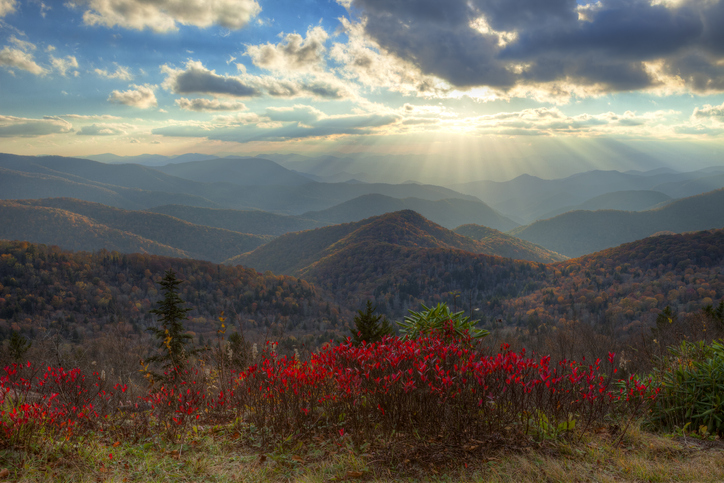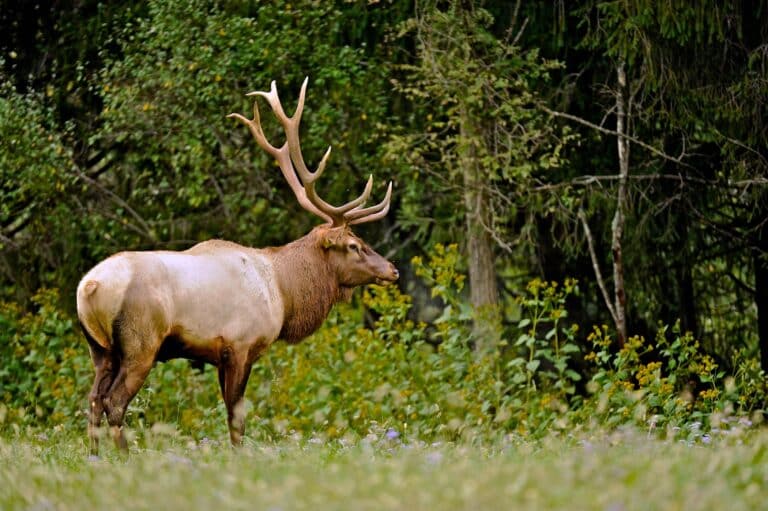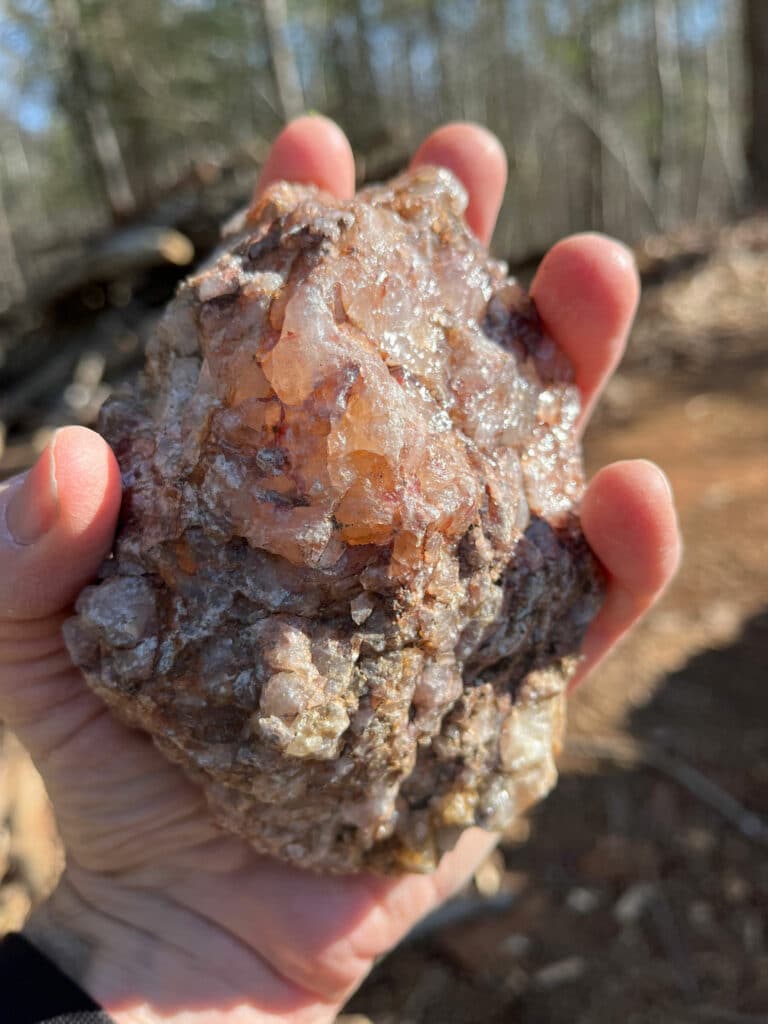Two land deals near Blue Ridge Parkway will protect areas from future development
The Conservation Trust for North Carolina has donated a 53-acre Pinnacle Ridge parcel of land in Haywood County to the Blue Ridge Parkway. The organization also recently purchased Thunder Hill Overlook, a 229-acre piece of land near Blowing Rock, with the intent to donate it to the National Park Service as part of the parkway boundary.
Both deals will keep the land free from development and logging. “People are often surprised to learn that the Blue Ridge Parkway boundary is as little as 100, 200 feet in many areas along the parkway,” Rusty Painter, CTNC land protection director told the Asheville Citizen-Times. “So, what you’re looking at, those dramatic vistas that draw people to the parkway, are often private land.”
Read the full story here:
https://www.citizen-times.com/story/news/2020/01/07/blue-ridge-parkway-views-preserved-conservation-trust-nc-land-deals/2823593001/
Preschooler becomes youngest ever to hike Catskills 35 highest peaks
Luna Pelton, 4, has earned herself the moniker “Princess of the Catskills” after climbing the 35 tallest peaks in New York’s Catskill Mountains in just five months. Her fete has secured her a place in the Catskill 3500 Club, a group for hikers attempting to summit mountains in the Catskills over 3,500 feet.
Luna and her dad, Jason Pelton, have been hiking together since she was born. Back then, Pelton carried his daughter in a baby backpack. Today, Luna heads into the mountains prepared, carrying her own backpack filled with essential hiking gear.
Read the full story here: https://www.news10.com/news/local-news/4-year-old-becomes-youngest-person-to-ever-hike-35-highest-catskills-mountain-peaks/.
Wild monkeys in Florida’s Silver Springs state park have herpes fatal to humans
Back in the 1930’s, six rhesus macaques monkeys were introduced to Silver Springs State Park in Silver Springs, Florida. In the 90 years since, their population has exploded, today reaching nearly 400. The problem with the monkeys, reports the Guardian, is that 25% of them have herpes B, which can kill humans, and 4-14% of them are “shedding the virus orally by mouth,” which means that if they bit a human it could transmit the virus.
The decision over what to do about the disease-ridden monkeys is complicated. The Florida Fish and Wildlife Commission has indicated that it supports removing the monkeys but has not laid out a plan to do so. Experts say the situation is complicated. “It’s a lose-lose with the stakeholders,” Steve Johnson, an associate professor of wildlife ecology at the University of Florida told the Guardian. “You’re gonna hurt a bunch of people if you decide to go in and remove them, and people aren’t gonna be happy with you if you allow them to stay.”
Read the full story here: https://www.theguardian.com/environment/2019/dec/30/florida-monkeys-herpes-macaques








